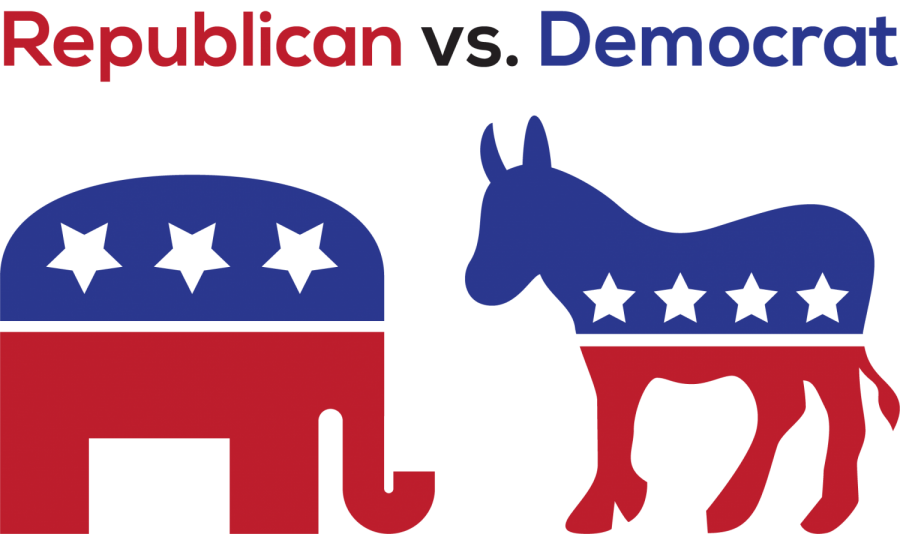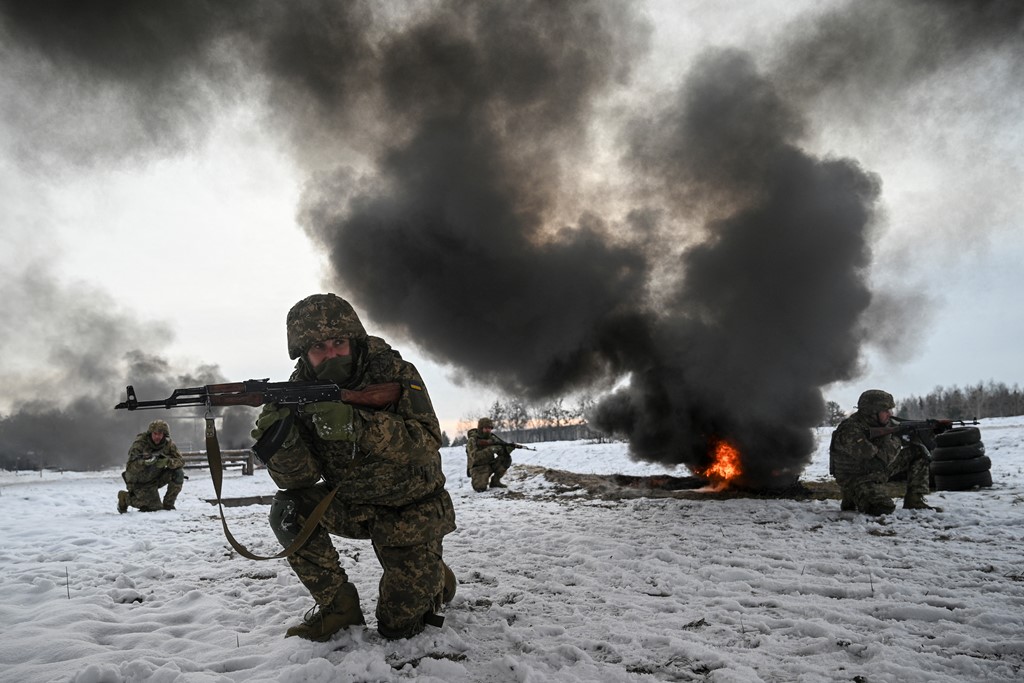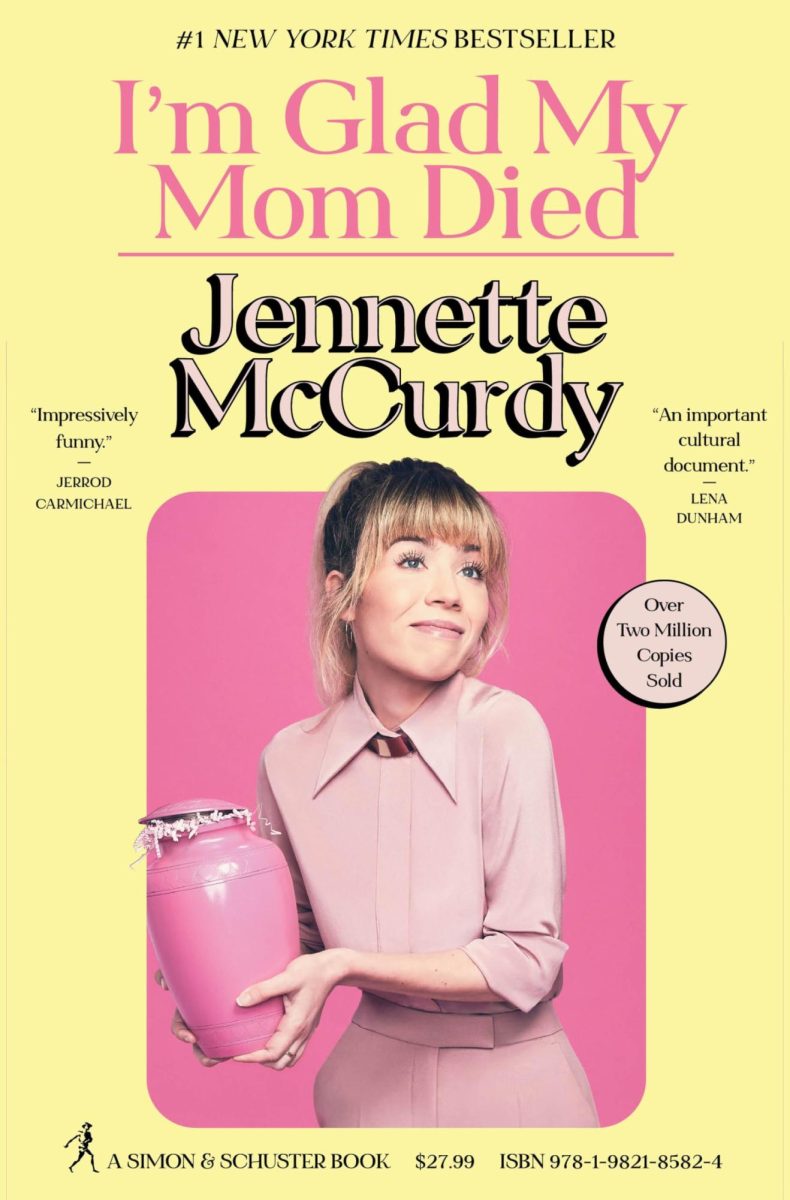The most painful lessons in history are frequently found in instances of poor compromise. We must keep in mind the costly lesson of appeasement from World War II as debates rage about possibly cutting or stopping U.S. aid to Ukraine. British Prime Minister Neville Chamberlain, without meaning to, created one of the biggest disasters in history when he returned from Munich in 1938 with his notorious “peace in our time” agreement with German leader Adolf Hitler. Today, some may argue that we stand at a similar crossroads with Russia and Ukraine.
Vladimir Putin’s current activities have remarkable similarities to Hitler’s territorial demands in the 1930s. Putin used claims about preserving Russian speakers and historical ties to justify his invasion of Ukraine, just as Hitler did when he said he only wanted the Sudetenland from Czechoslovakia to protect ethnic Germans. Furthermore, Putin’s goals go well beyond Ukraine, just like how Hitler wanted more territory after each compromise.
Domestic priorities and financial problems are frequently cited by people who support reducing aid to Ukraine. These factors are valid, but they don’t consider the larger strategic picture. The price we will pay if Russia is successful in annexing Ukraine is significantly higher than the cost of halting Putin in Ukraine now. The borders of Ukraine would not be the end of a triumphant Russia. Countries like Georgia, Moldova, countries in Eastern Europe that are part of NATO like Poland, the Baltic States, etc. This will cause the United States to be in a bigger and more expensive war.
The claim that this is not America’s fight disregards reality and history. Current democratic countries have to work together to resist totalitarian aggression, just as they did in the 1940s when they had to fight fascism. The battle for Ukraine is a fight for democracy. Each dollar, missile, and tank that is sent to Ukraine is an investment in an international system that has kept an appearance of peace since World War II.
Negotiation, according to critics, is the solution. However, history shows that negotiating with dictators from a position of weakness only encourages further violence. Like Hitler before him, Putin sees diplomacy as a way of buying time and compromise as weakness. The only language autocrats truly understand is strength and resolve.
Reducing aid results in impacts that extend well beyond Europe. China is keeping an eye on how the West handles what Russia is doing. The United States would be sending a dangerous message to Beijing regarding Taiwan’s future abandoned Ukraine. It would seriously undermine our reputation as a world leader and defender of democracy.
The human cost must also be taken into consideration. In addition to defending their territory, Ukrainians are fighting to keep their country as an independent nation. In the midst of the Russian assault, they have shown remarkable strength and determination. Cutting aid at this point would be an abandonment of Ukraine and its democratic principles that the United States has always supported. The price of allowing an authoritarian leader to forcefully alter borders is much higher than the cost of supporting Ukraine. Appeasing aggressive rulers only strengthens their desire to take more land, as we learned from World War II. Hitler was simply given more confidence to take more land with each piece of land that he was given, which eventually led to a horrific world war that may have been able to be avoided with stronger resistance.
President-elect Trump must realize the importance of the situation. In addition to giving Putin more confidence, cutting off aid to Ukraine would undermine The United States’ reputation as a world leader. To avoid the recurrence of the most traumatic events in history, the United States has to continue supporting Ukraine with both military and emotional support in terms of helping refugees find a new place to live.
We have a clear choice: if we back Ukraine today, the costs will be bearable, or tomorrow, unchecked Russian aggression will cost us dearly. Those who chose comfort over gallantry, appeasement over principle, and short-term savings over long-term safety are going to be severely judged by history.
Supporting Ukraine is about maintaining the international system that has kept big power wars from occurring for 75 years, not just about one nation’s war for maintaining independence. The question is not if we can afford to continue to support Ukraine, but rather if we can afford to stop.















